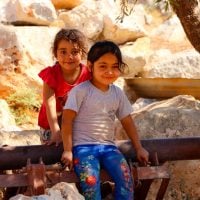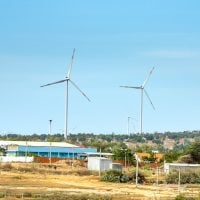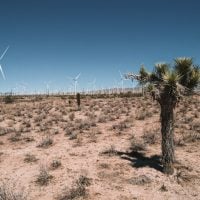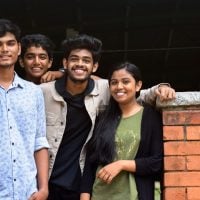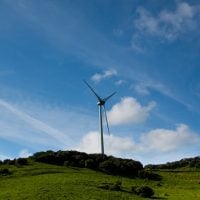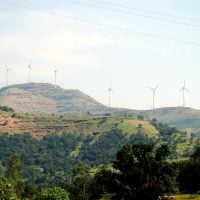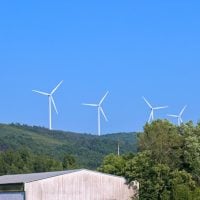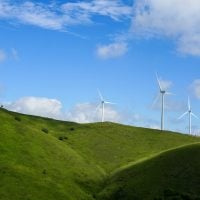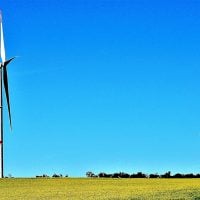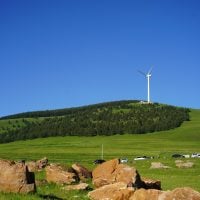Deadline: 21-May-23
Internews’ Earth Journalism Network is hosting an Our Mekong, Our Say media workshop with the aim to improve journalists’ knowledge and reporting skills to tell impactful and in-depth stories about natural resources governance.
The Earth Journalism Network aims to select 25 journalists from Lower Mekong countries who will dive deep into the region’s transboundary natural resource issues in a three-day workshop in Thailand ― focusing on four themes: renewable energy, rivers and freshwater conservation, transboundary infrastructure investments and civic space.
They will be introduced to interdisciplinary approaches and available data tools for effective storytelling and learn from experts and civil society organizations in the field. The workshop will also act as a platform for collaboration between journalists to better explain the transboundary nature of the impacts and the need for regional and coordinated solutions.
This activity is conducted in collaboration with World Wide Fund for Nature (WWF), and with support for the USAID-funded Mekong For the Future project.
Logistics
- A three-day media workshop will be organized in early July, at a venue in Thailand.
- The workshop will be held in English. Applicants must have the ability to participate in an English-language workshop. They are only accepting applications in English; unfortunately, they do not have the capacity to consider applications in other languages at this time.
- Following the training, participants will be invited to pitch story ideas that examine natural resource governance issues in the region, preferably transboundary ones. Applicants will also be encouraged to report on local initiatives that demonstrate resilience in the face of these challenges.
- From the workshop participants, they will award 16 grants of USD 1,500 each and provide mentorship to the selected journalists to produce their proposed stories. Grantees will be responsible for finding media outlets to publish their work.
- The story pitches must be in line with these themes:
- Renewable energy (e.g. regional policy to drive clean energy, local efforts to increase renewable capacity, the challenges that obstruct clean energy transition)
- Rivers and freshwater conservation (e.g. sand mining, overfishing, biodiversity loss in sensitive rivers, conservation efforts to protect the river and freshwater species)
- Transboundary infrastructure/investments (e.g. the transboundary impact of dams and cross-border agricultural cooperation on the environment and local communities, deforestation, biodiversity loss, and land grabs caused by transboundary investment)
- Civic space (e.g. the lack of civic space in natural resource management, local efforts to raise voices and solutions to protect natural resources)
Eligibility Criteria
- This opportunity is open to applicants from the five Mekong countries: Cambodia, Laos, Myanmar, Thailand and Vietnam. Preference will be given to journalists who have experience in covering environmental issues and intend to cover transboundary issues.
- This opportunity is open to both staff and freelance journalists working on any type of media ― print, radio, TV, and online. They should have experience in environmental reporting and an interest in improving their understanding of the region’s transboundary natural resource governance issues.
- EJN reserves the right to disqualify applicants from consideration if they have been found to have engaged in unethical or improper professional conduct.
Timeline
- The workshop is scheduled for early July 2023 in Thailand. Journalists who are awarded a story grant will produce stories under a mentor’s guidance between July and October 2023.
Commitment
- Selected journalists must commit to participate in the entirety of the workshop and regularly engage in the sessions.
- Those receiving the story grants must commit to joining the mentoring session with the trainers, likely for 1-2 hours bi-weekly. They must also complete and publish their stories by 31 October.
- They expect the stories to highlight transboundary natural resource governance, be in-depth and of decent quality. Stories can be produced in any language. However, applicants who intend to write or produce stories in their local language need to use part of the grant budget to provide an English translation.
- The inability to honor this commitment, without reasonable justification, will likely lead to the revocation of grants.
For more information, visit Earth Journalism Network.


